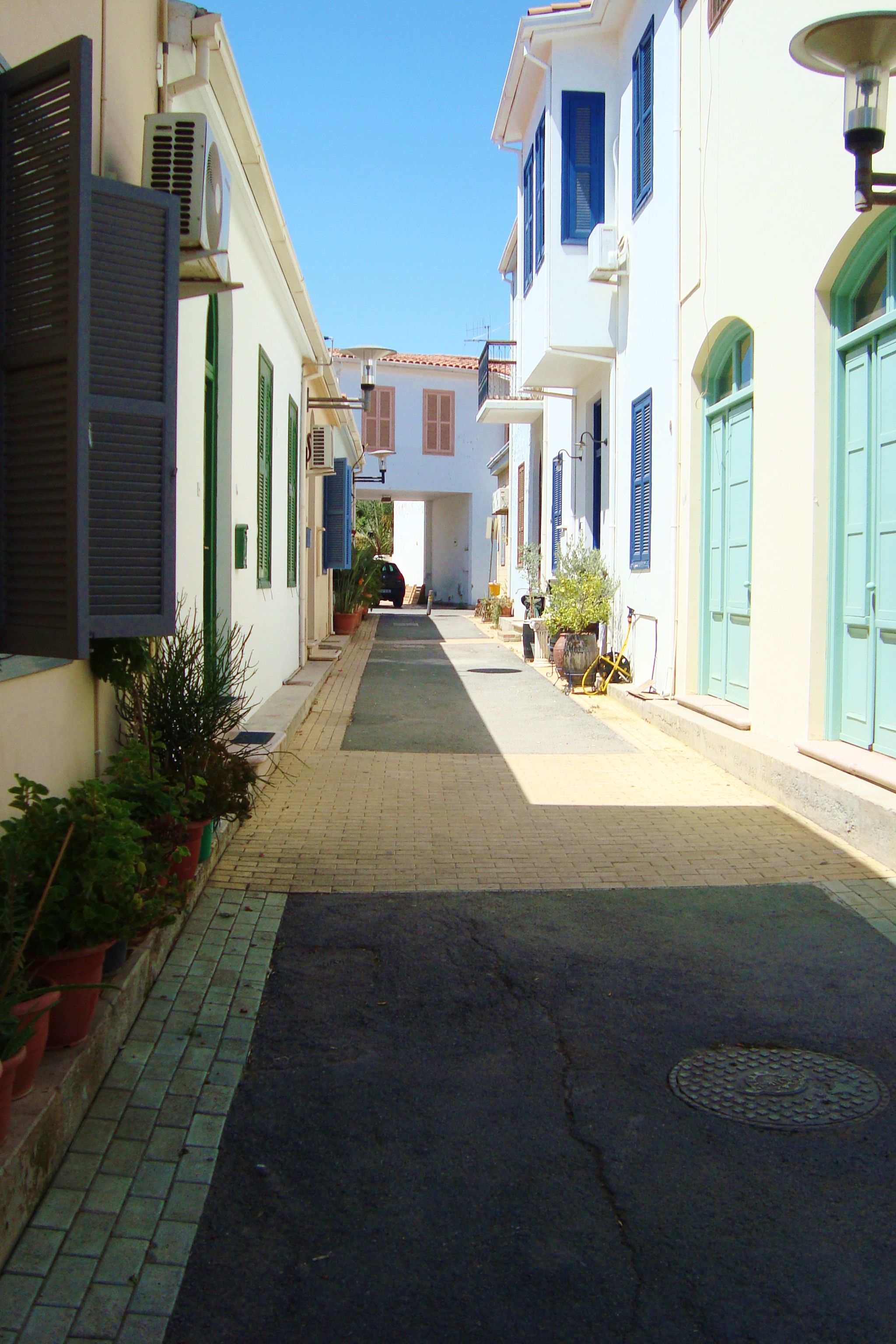
Cyprus, officially the Republic of Cyprus (Turkish: Kıbrıs Cumhuriyeti), is a Eurasian island country located in the Eastern Mediterranean Sea, east of Greece, south of Turkey, west of Syria and Lebanon and north of Egypt. Cyprus is the third largest island in the Mediterranean Sea. Since 2004 the Republic of Cyprus is a member of the European Union and since 2008 of the eurozone.
Cyprus has been occupied by several major powers, including the empires of the Hittites, Assyrians, Egyptians, Persians, Rashidun and Umayyad Arab caliphates, Lusignans, Venetians, and Ottomans. Settled by Mycenean Greeks in the 2nd millennium BCE, the island also experienced long periods of Greek rule under the Ptolemaic Egyptians and the Byzantines. In 333 BCE, Alexander the Great conquered the island from the Persians. The Ottoman Empire conquered the island in 1571 and it remained under Ottoman control for over three centuries. It was placed under British administration in 1878 until it was granted independence in 1960, becoming a member of the Commonwealth the following year. In 1974, following 11 years of intercommunal violence between Greek Cypriots and Turkish Cypriots, an attempted coup d'état by Greek Cypriot nationalists and elements of the Greek military junta with the aim of achieving enosis (union of the island with Greece) took place. Turkey used this as a pretext to invade the northern portion of the island. Turkish forces remained after a cease-fire, resulting in the partition of the island; an objective of Turkey since 1955. The intercommunal violence and subsequent Turkish invasion led to the displacement of hundreds of thousands of Cypriots and the establishment of a separate Turkish Cypriot political entity in the north. Early in June 2012, Cyprus asked EU support for an amount that was estimated at 6 to 10 billion euros, because of the collapse of the Cypriot banking system, which had lost a lot of money on its Greek government bonds. According to Eurostat, amounts from 2006 to 2011 the total public debt in percent respectively: 64,6 | 58,3 | 48,3 | 58,0 and 69,8, while the deficit (revenue minus expenses, as a percentage of GDP) often showed a sharp deterioration: -/- 1,2 | +/+ 3,4 | +/+ 0,9 | -/- 0,6 and -/- 5,3. In March 2013 was agreed that Cyprus receives support from the European Stability Mechanism and the IMF. The proposal is to include that savers with money parked in Cypriot banks pay their share to the rescue. This proposal however, was adjusted due to already existing blue prints on a European deposit Insurance and resolution fund'. |

